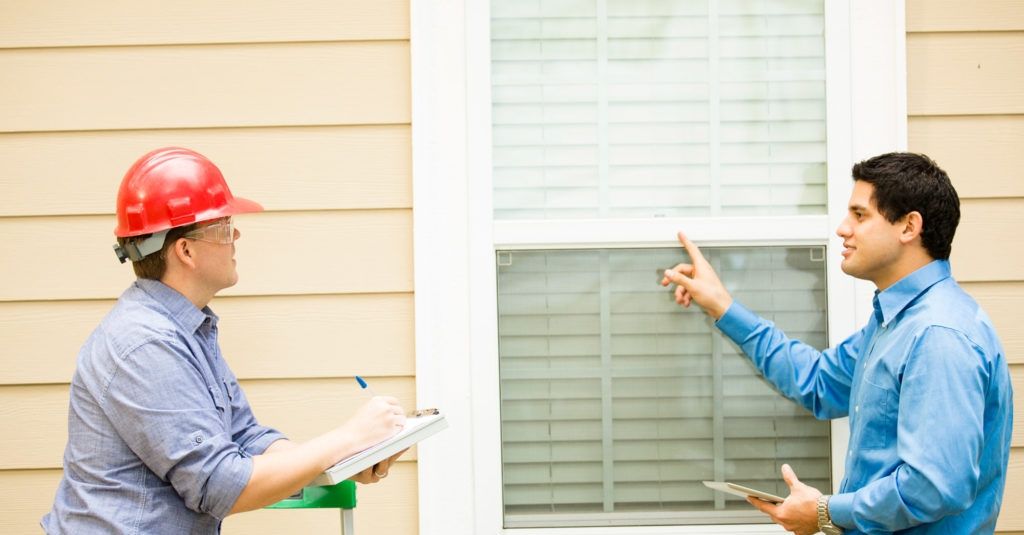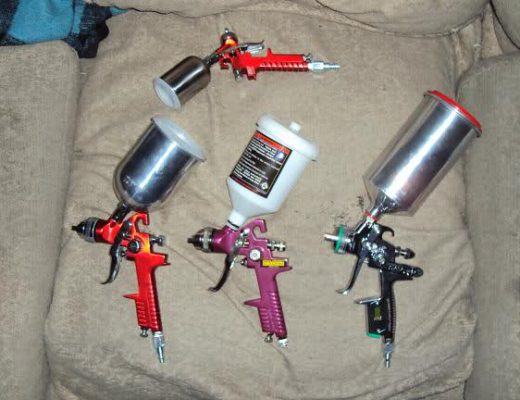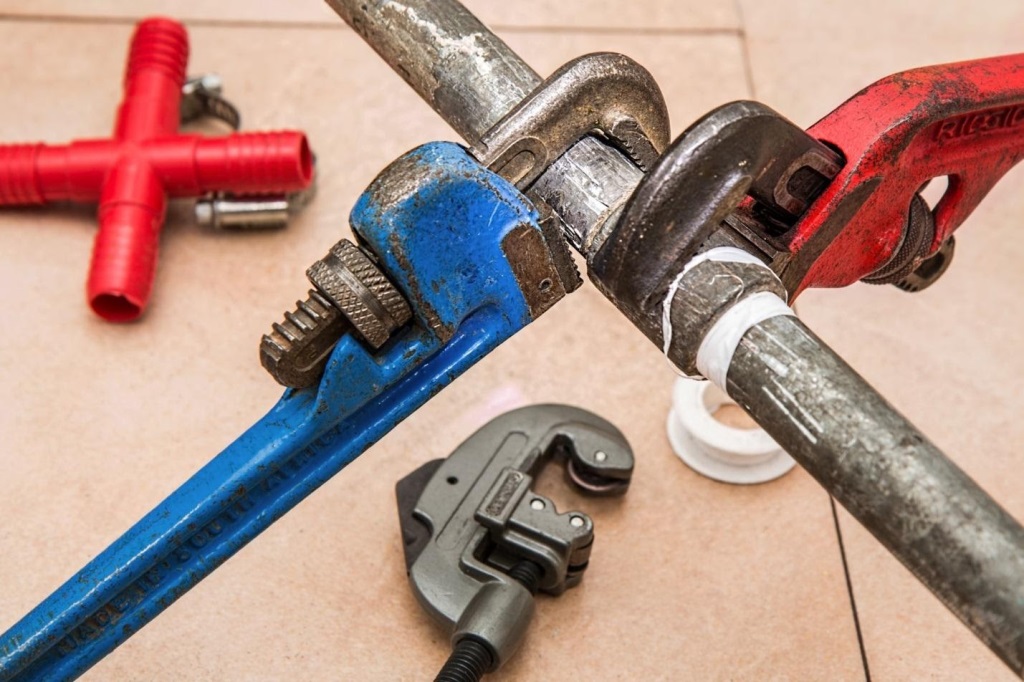It’s fairly common to get an inspection done when purchasing a new home, but few new home-buyers consider getting a sewer inspection. Foregoing this inspection could be a costly mistake. You might not even be aware of potential damages until months later – for example, you make a purchase in the summer but the pipes burst in the winter due to freezing.
The time to find out if your pipes or sewer lines are faulty or need to be replaced is before buying a home, not after the fact. Even though the sewer lines may be newer, homes as old as 20 years should get inspected, as tree roots could have caused damage to them over time.
This occurs when roots search for water and grow into tiny openings in the sewer line. Often they become entangled with sewage debris and can cause backups.
Better to Let a Professional Take Care of It

Knowing when to call a specialist for your drains is a wise decision that could save you thousands of dollars. To get an inspection done, call your local plumber, or ask your real estate agent if they know of any plumbers who can take a look. The plumber will use a variety of pipe scope and drainage inspection services, including drain scopes and CCTV cameras, and can provide a detailed report and diagram of what they find. You can also watch along on a screen to see the state of the pipes for yourself.
Once the inspection is complete, the plumber can advise you on whether or not action is necessary, and inform you about the costs of repairs or replacements if necessary.
Let the Negotiations Begin

If problems are discovered during the inspection, it’s at this point that you can ask the seller to either fix or replace the pipes, or if they can lower the price of the home to make up for the difference. Unfortunately, the seller will have the final say. They may choose to refuse the sale and hope that the next interested buyer isn’t as clever as you. It’s unfortunate, but it’s all a part of the negotiations, and why as a buyer you should make sure to protect yourself.
Buyers Beware

There are two kinds of defects that a seller can disclose to you. The first are patent defects, which are obvious defects in the home that are not hidden and should be easily seen – for instance, a broken window. Latent defects, on the other hand, are issues that are not obvious and would take a specialized inspection (like a sewer line), and the seller is usually responsible for disclosing these defects.
But caveat emptor (or buyers beware) seems to be the prevailing rule in courts, even with latent defects, as long as they don’t render the property unliveable or dangerous. If the seller doesn’t hide the fact that there are damages to the property (i.e., broken sewer lines) then they are not obligated to disclose.
The only way to protect yourself is to make sure that a thorough inspection is done and that you are protected contractually. Remember, there are water treatment options that can make a big difference, which is why many home owners install a whole house water filter. After all, it’s always better to be safe than sorry!




